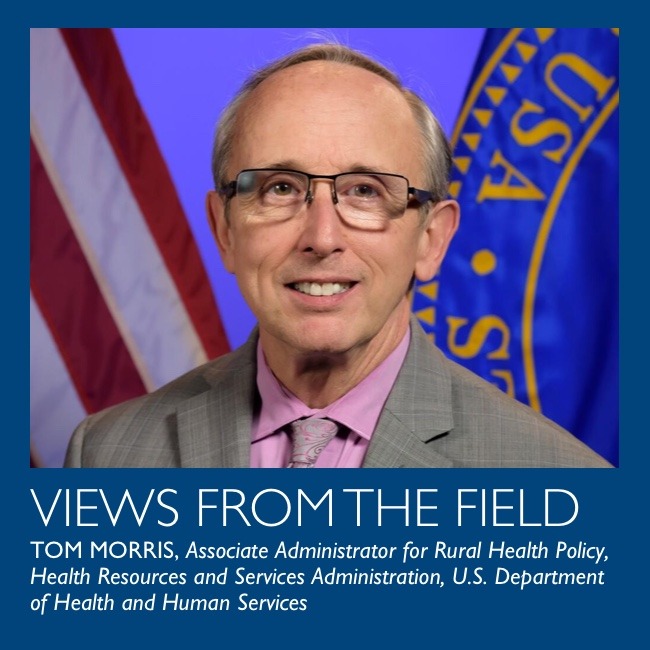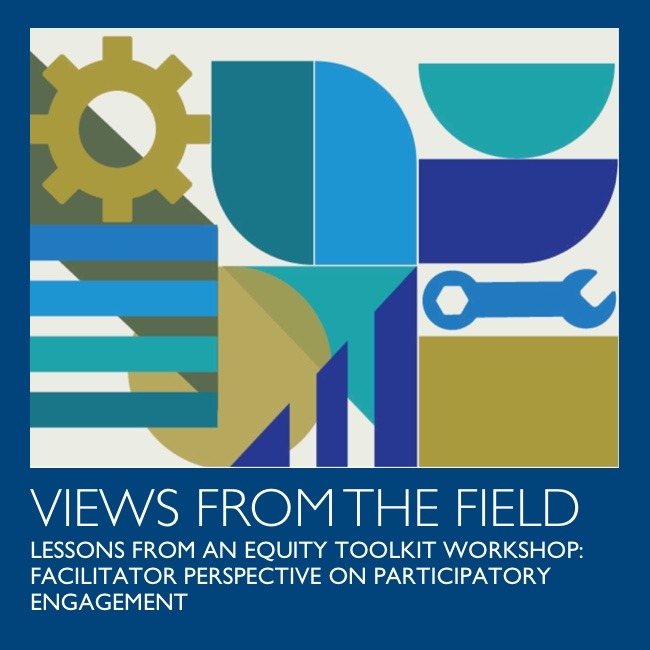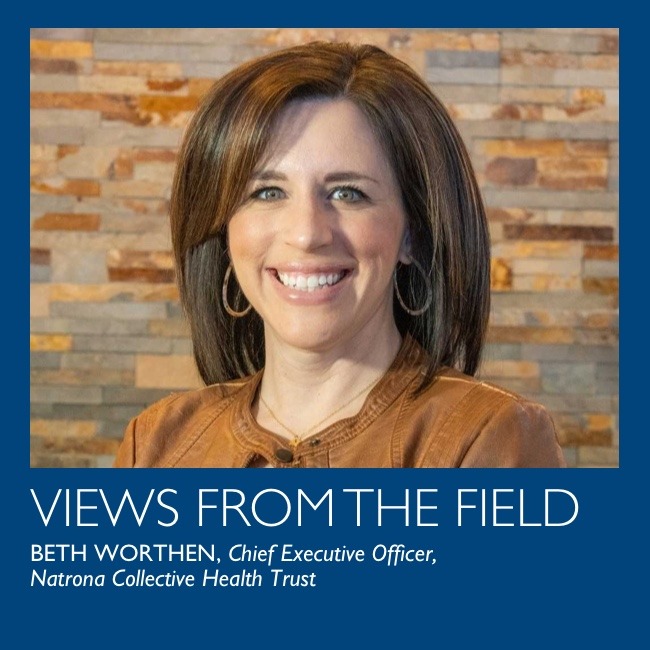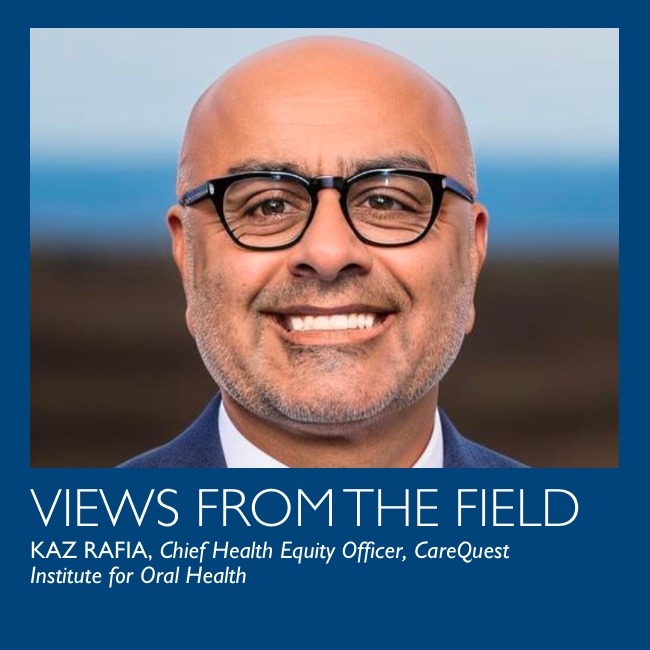National Rural Health Day Provides an Opportunity for Philanthropy to Engage and Support Underserved Communities
For anyone with an interest in rural health, clear your calendar on November 16th and help celebrate National Rural Health Day, a day to celebrate and lift up the work of doctors, nurses, clinics, hospitals, and other stakeholders working in our rural communities.
Q&A: Bringing an Australian Perspective to American Health Philanthropy
Traveling thousands of miles from Melbourne to Minneapolis, Lauren Monaghan of The Ian Potter Foundation attended the 2023 GIH Annual Conference on Health Philanthropy to learn more about the American public health philanthropy sector at the country’s largest gathering of health funders.
Terrance Keenan Institute Alumni Reflect on How COVID-19 Changed Grantmaking
Foundations play a vital role in the nonprofit sector, funding everything from safety net services to social innovation. Like many businesses, philanthropic organizations altered their ways of doing business in response to the COVID-19 pandemic. The health sector, including hospitals and other health care settings along with public health organizations, were deeply affected by the magnitude of illness and the polarization of the pandemic response. To understand exactly how the business of health grantmaking shifted during COVID-19, Jennifer Chubinski and Allen Smart conducted in-depth interviews with health foundation leaders from around the country to learn what changed in their grantmaking strategies and practices.
The Kids Are Okay: Lessons Learned from a Youth-Led Participatory Grantmaking Program
The Natrona Collective Health Trust (NCHT) was created in October 2020 after the sale of our community’s standalone nonprofit hospital to a regional hospital system. As Wyoming’s first health conversion foundation, NCHT uses trust-based philanthropy and systems change advocacy to advance the mental well-being of our community’s young people. During an extensive strategic planning process, we found that at both our community and state levels, there is insufficient infrastructure to address mental and behavioral health needs, which perpetuates health disparities and high incidences of childhood trauma.










